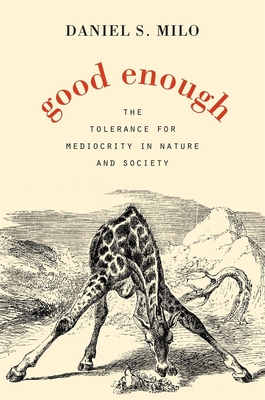Expedite your nonfiction book discovery process with Readara interviews, summaries and recommendations, Broaden your knowledge and gain insights from leading experts and scholars
In-depth, hour-long interviews with notable nonfiction authors, Gain new perspectives and ideas from the writer’s expertise and research, Valuable resource for readers and researchers
Optimize your book discovery process, Four-to eight-page summaries prepared by subject matter experts, Quickly review the book’s central messages and range of content
Books are handpicked covering a wide range of important categories and topics, Selected authors are subject experts, field professionals, or distinguished academics
Our editorial team includes books offering insights, unique views and researched-narratives in categories, Trade shows and book fairs, Book signings and in person author talks,Webinars and online events
Connect with editors and designers,Discover PR & marketing services providers, Source printers and related service providers

Good Enough: The Tolerance for Mediocrity in Nature and Society
Science > Life Sciences - Evolution
- Harvard University Press
- Hardcover
- 9780674504622
- 8.3 X 5.8 X 1.3 inches
- 1.25 pounds
- Science > Life Sciences - Evolution
- (Single Author) Asian American
- English
Readara.com
Book Description
In this spirited and irreverent critique of Darwin's long hold over our imagination, a distinguished philosopher of science makes the case that, in culture as well as nature, not only the fittest survive: the world is full of the good enough that persist too.
Why is the genome of a salamander forty times larger than that of a human? Why does the avocado tree produce a million flowers and only a hundred fruits? Why, in short, is there so much waste in nature? In this lively and wide-ranging meditation on the curious accidents and unexpected detours on the path of life, Daniel Milo argues that we ask these questions because we've embraced a faulty conception of how evolution--and human society--really works.
Good Enough offers a vigorous critique of the quasi-monopoly that Darwin's concept of natural selection has on our idea of the natural world. Darwinism excels in accounting for the evolution of traits, but it does not explain their excess in size and number. Many traits far exceed the optimal configuration to do the job, and yet the maintenance of this extra baggage does not prevent species from thriving for millions of years. Milo aims to give the messy side of nature its due--to stand up for the wasteful and inefficient organisms that nevertheless survive and multiply.
But he does not stop at the border between evolutionary theory and its social consequences. He argues provocatively that the theory of evolution through natural selection has acquired the trappings of an ethical system. Optimization, competitiveness, and innovation have become the watchwords of Western societies, yet their role in human lives--as in the rest of nature--is dangerously overrated. Imperfection is not just good enough: it may at times be essential to survival.
Author Bio
Daniel S. Milo is Chair of Natural Philosophy at the École des Hautes Études en Sciences Sociales in Paris and has been a visiting professor at the University of Chicago; Mills College; the University of California, Berkeley; Wissenschaftskolleg in Berlin; and Tel Aviv University.
Source: Harvard University Press
Videos
No Videos
Community reviews
No Community reviews

